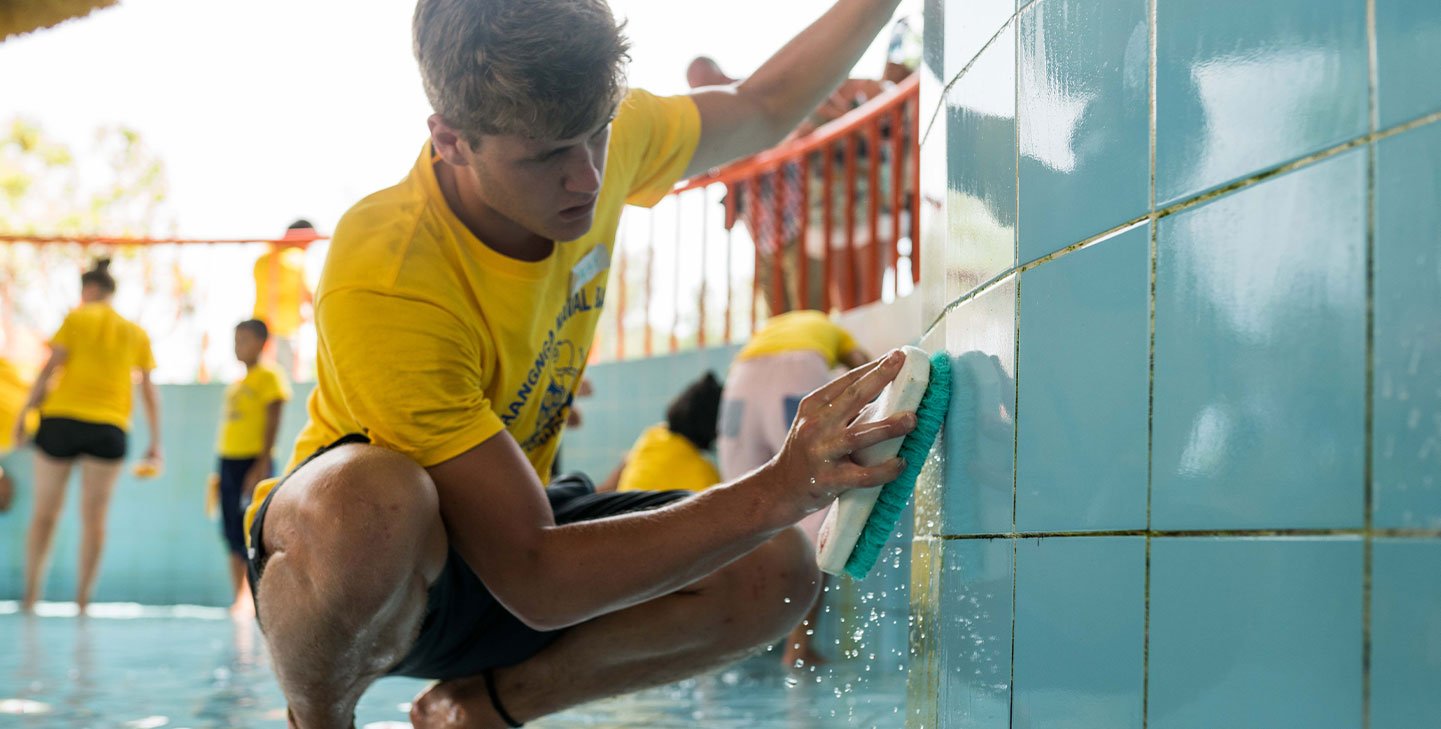A wilder way to learn
Volunteer Projects
GVI runs volunteer projects overseas in more than a dozen countries around the world. Choose from a variety of conservation projects and deepen your understanding of fragile ecosystems and endangered species, while meeting people with similar interests from all over the world. This is a chance to enhance your skill set, develop an appreciation for nature, and curate the adventure of a lifetime.
With a focus on wildlife conservation, marine conservation and volunteering with animals, we offer volunteer projects overseas in Africa, Asia, Australasia, Europe and Latin America.
At GVI, we know that collaborative work makes the biggest impact, and who better to identify the needs of a community than local people themselves? That’s why all our projects are locally-led, with decision-making shared between GVI, local organisations, government and community leaders. This type of work allows us to be a part of the continuous, long-term development of communities and individuals. Doing collaborative work is also part of GVI’s commitment to ethical best practices.
Our dedication to making an impact as ethically as possible and upholding the best operational standards is also represented in our badge of ethics, ten ethical commitments and five human empowerment principles.








